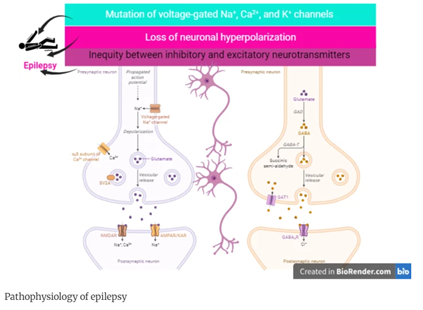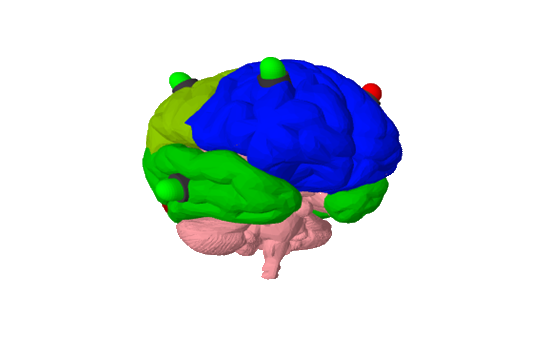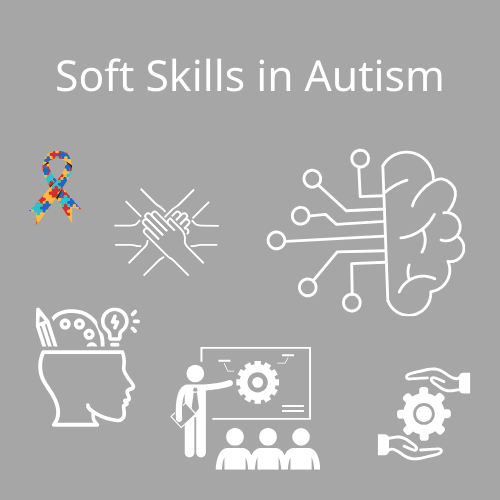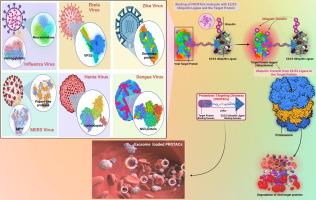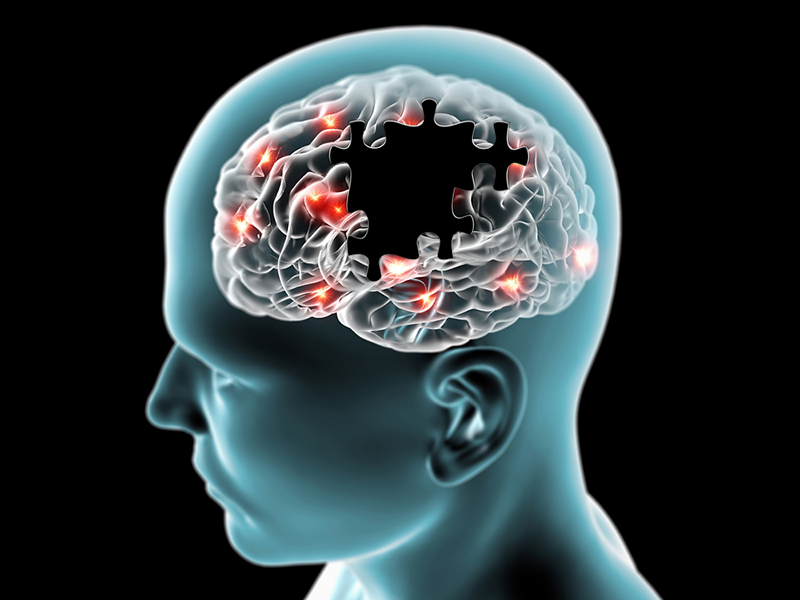14.01.2024
Epilepsy is a neurological disease characterized by repeated seizures. Despite of that the brain-derived neurotrophic factor (BDNF) is implicated in the pathogenesis of epileptogenesis and epilepsy, BDNF may have a neuroprotective effect against epilepsy. Thus, the goal of the present review was to highlight the protective and detrimental roles of BDNF in epilepsy. In this review, we also try to find the relation of BDNF with other signaling pathways and cellular processes including autophagy, mTOR pathway, progranulin (PGN), and α-Synuclein (α-Syn) which negatively and positively regulate BDNF/tyrosine kinase receptor B (TrkB) signaling pathway.

